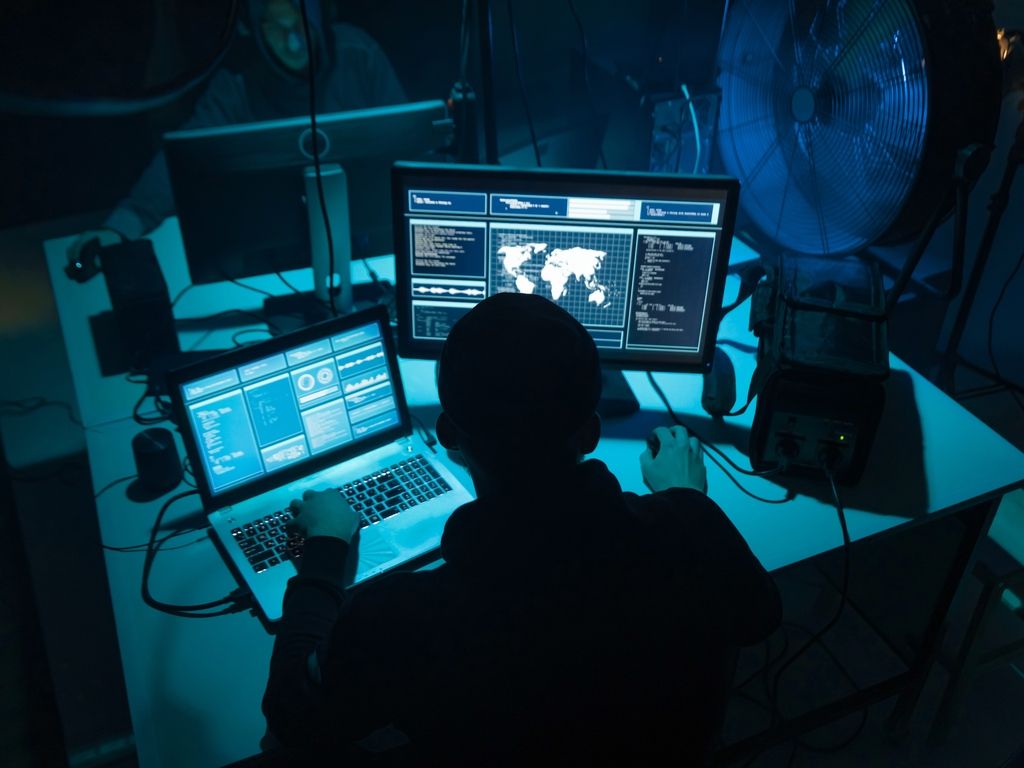College Students and Cybercrimes: What You Need to Know

No doubt that today’s young people are more internet savvy than any other generation. Unfortunately, that means that some college students engage in cybercrimes. Meanwhile, what might start off as innocent play might mean big legal trouble.
A few months back, a Haverford student made national news for attempting to hack the IRS. The Center City resident figured he would be the one to lift Donald Trump’s tax records.
As you might guess, the case wound up in federal court. While the college student already pled guilty to a couple of misdemeanor charges, his sentencing is next week. Not only does he face time in federal prison, but the court will likely fine him hundreds of thousands of dollars.
This type of case illustrates the extreme in what a little bit of computer knowledge can do. In some cases, cybercrime in institutions of higher learning appears epidemic. Consider the case involving a former student who attended classes at a small private college in New York,
In that case, the young man returned to his alma mater and destroyed various computers and other equipment. He did so by inserting what authorities refer to as a “USB killer.” The damage resulted in $58K in hardware replacement costs. Meanwhile, who knows what happened as far as recovering data.
Cybercrimes: A Very Big Deal
As it turns out, cybercrimes among college students are a global problem. What sometimes starts as a mere prank turns into a very big deal. The stories go on as far as those who hack into grading systems to make themselves look better. Or just erase test results altogether.
In some cases, college students develop software that charges users a ransom to release their information. This adds to the complexity of the charges.
Cyberbullying represents another offense that falls under the list of cybercrimes. In case you’re uncertain, this means using any type of digital device to bully another person. You could face cyberbullying charges for a text or a social media post.
According to the Pew Research Center, forty percent of adults who go online report some form of cyberbullying or harassment. In reality, the numbers may be even higher as Pew’s information dates back five years.
Meanwhile, internet sex crimes also represent a form of cybercrime. This could range from child pornography charges to solicitation of a minor or adult.
In Pennsylvania, crimes involving computers fall under 18 Pa. Cons. Stat. sections 7601-7661. Many are treated as third-degree felonies. What does that mean? If convicted of certain offenses, you could wind up in jail for up to seven years.
Contact Us
If you are a college student or anyone else charged with a cybercrime, you need to mount a strong defense. At Mazzoni Valvano Szewczyk & Karam, we have decades of experience in criminal law. Contact us to schedule an appointment.

